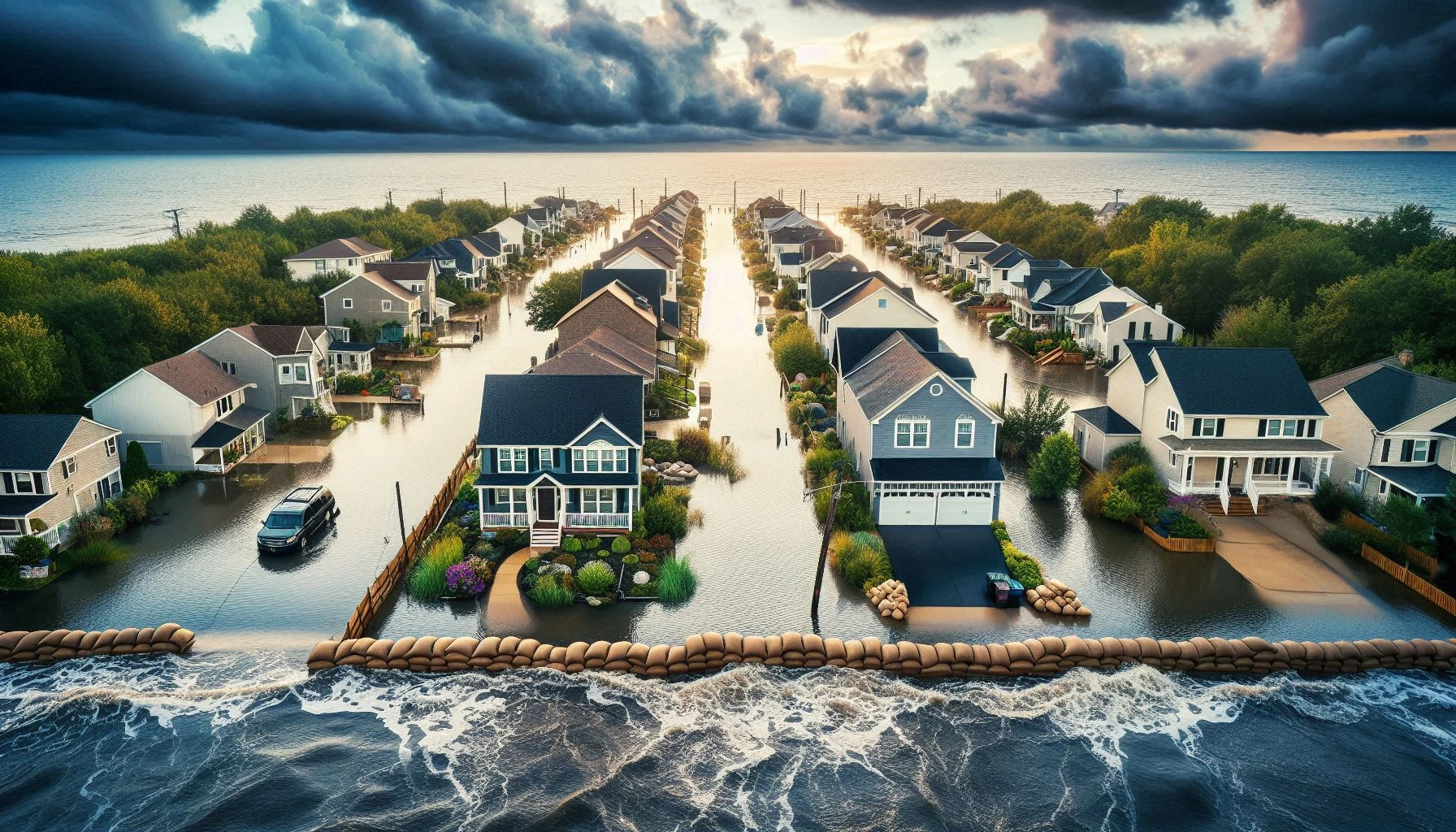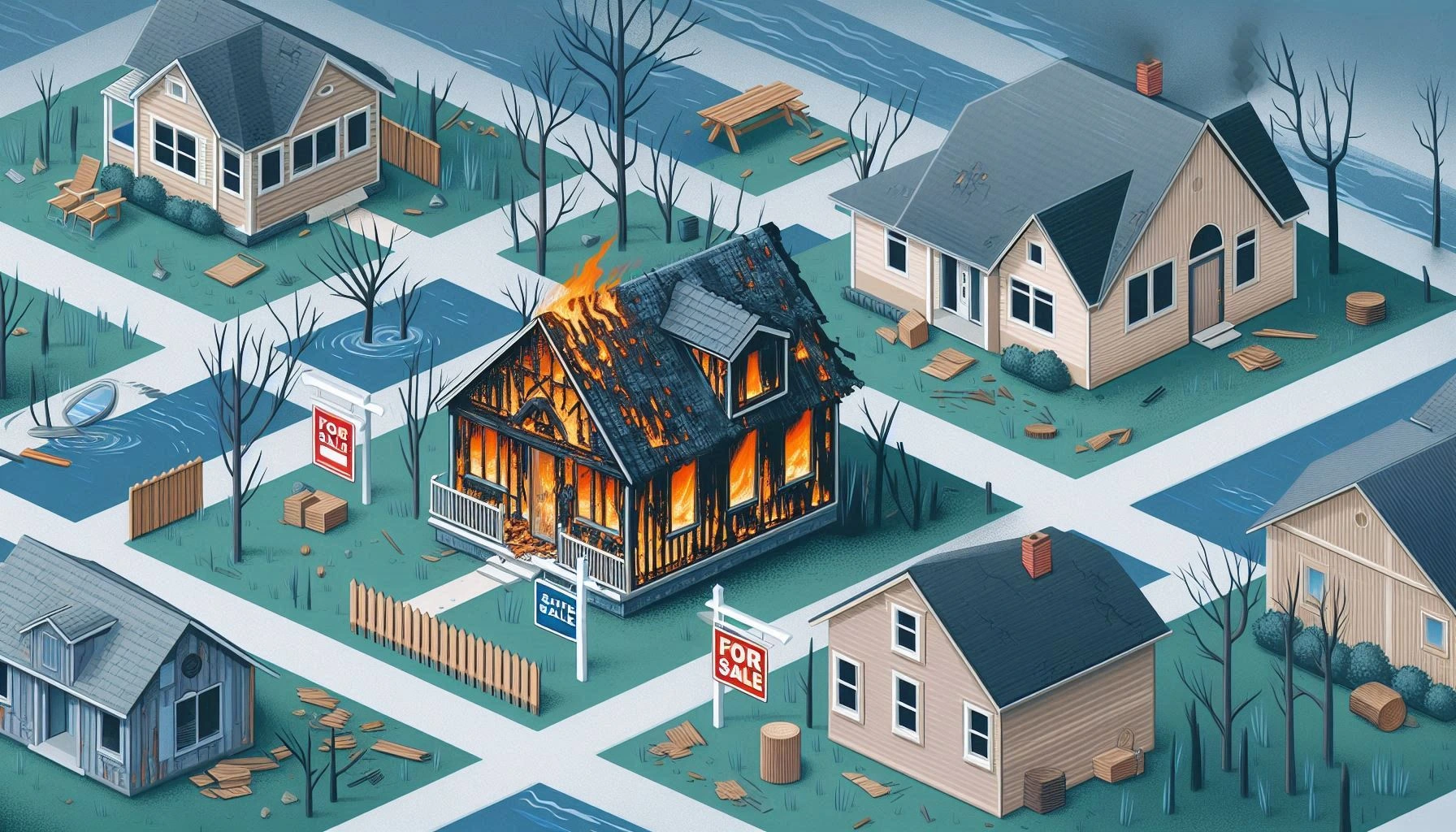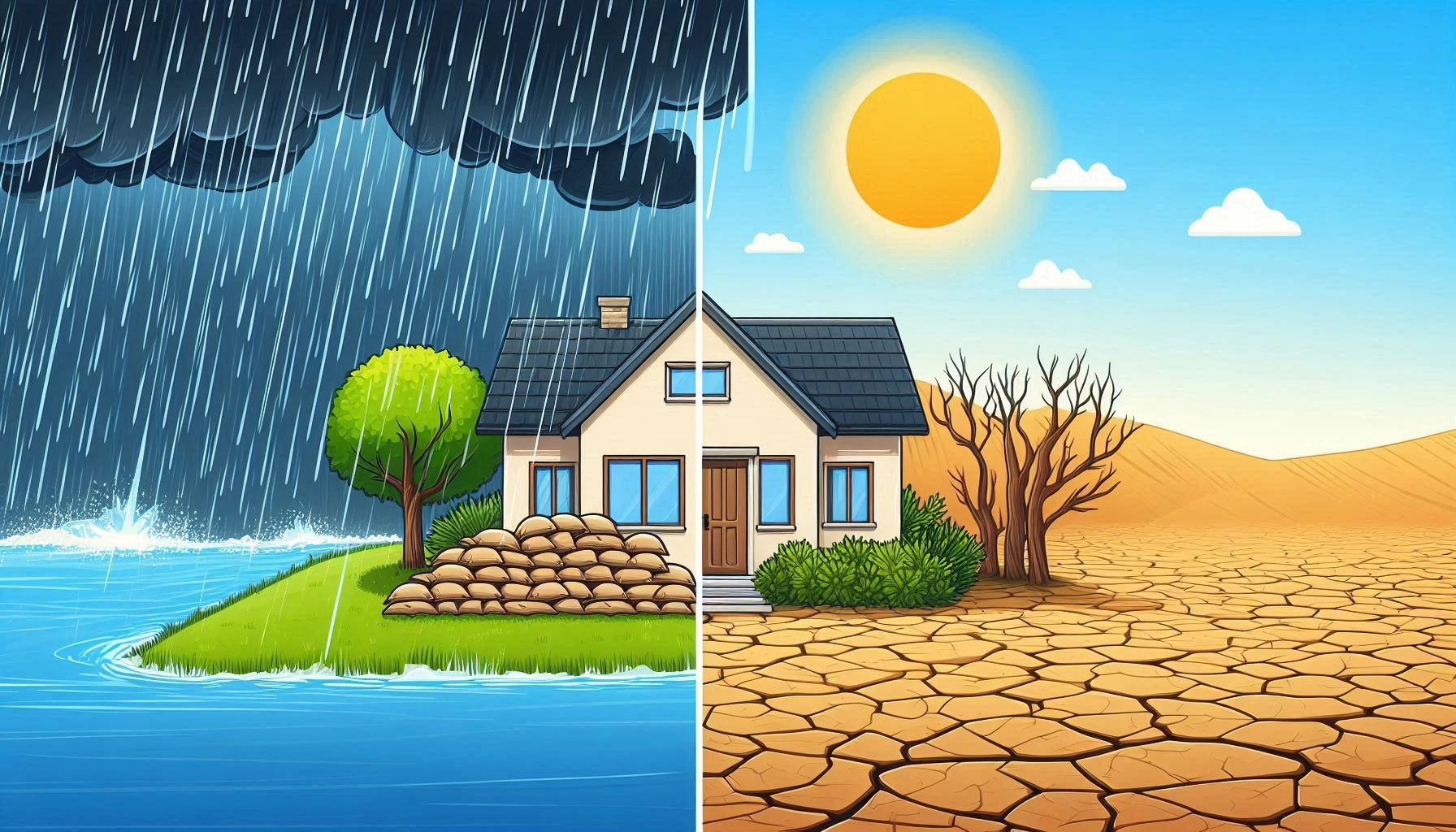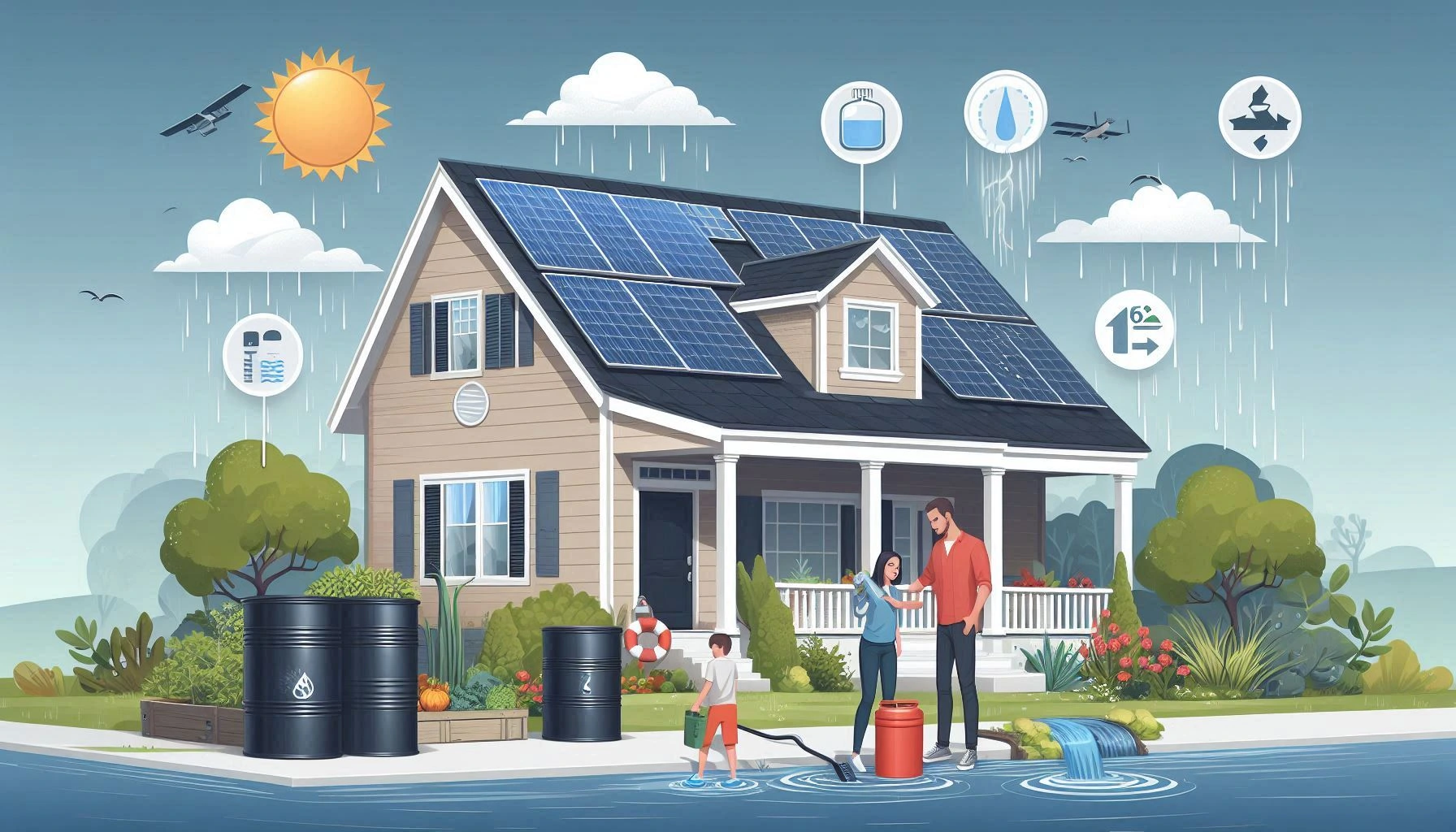The Impact of Climate Change on Home Values: What You Need to Know
As the world grapples with the far-reaching consequences of climate change, homeowners are increasingly concerned about the impact it may have on their property values. Rising temperatures, more frequent natural disasters, and unpredictable weather patterns are all contributing to a sense of uncertainty and anxiety among homeowners. In this comprehensive guide, we’ll delve into the complex relationship between climate change and home values, exploring the key factors that are driving this trend and what you need to know to protect your investment.
Climate change is not just an environmental issue; it’s also a significant economic concern. As the effects of climate change become more pronounced, the value of homes in affected areas is likely to decline. This is because climate-related events, such as hurricanes, wildfires, and floods, can cause significant damage to properties, making them less desirable to potential buyers. Additionally, the increased frequency and severity of these events can lead to higher insurance premiums, property taxes, and maintenance costs, all of which can eat into the value of a home.
Section 2: The Impact of Climate Change on Home Values

Climate change is already having a significant impact on home values, particularly in areas prone to natural disasters. A study by the National Association of Realtors found that homes in flood-prone areas can lose up to 10% of their value, while homes in areas prone to wildfires can lose up to 15%. Similarly, a study by the University of California, Berkeley found that homes in areas with high levels of air pollution can lose up to 10% of their value.
The impact of climate change on home values is not limited to areas directly affected by natural disasters. Rising sea levels, for example, can cause coastal erosion and flooding, which can lead to a decline in property values. In addition, the increased frequency and severity of heatwaves, droughts, and other extreme weather events can make homes less desirable to potential buyers.
Section 3: The Factors Driving the Decline in Home Values

So, what are the key factors driving the decline in home values due to climate change? There are several, including:
-
- Natural Disasters: The frequency and severity of natural disasters, such as hurricanes, wildfires, and floods, are increasing due to climate change. These events can cause significant damage to properties, making them less desirable to potential buyers.
-
- Rising Sea Levels: Rising sea levels are causing coastal erosion and flooding, which can lead to a decline in property values. In addition, the increased risk of flooding can make homes less desirable to potential buyers.
-
- Air Pollution: The increased frequency and severity of heatwaves, droughts, and other extreme weather events can make homes less desirable to potential buyers. Air pollution can also have a negative impact on health, which can affect property values.
-
- Increased Insurance Costs: The increased frequency and severity of natural disasters can lead to higher insurance premiums, which can eat into the value of a home.
-
- Property Taxes: The increased frequency and severity of natural disasters can also lead to higher property taxes, which can affect the value of a home.
Section 4: The Consequences of Climate Change on Home Values

The consequences of climate change on home values are far-reaching and can have a significant impact on the economy. Some of the key consequences include:
-
- Reduced Property Values: The value of homes in areas affected by climate change can decline significantly, making it more difficult for homeowners to sell their properties.
-
- Increased Insurance Costs: The increased frequency and severity of natural disasters can lead to higher insurance premiums, which can eat into the value of a home.
-
- Higher Property Taxes: The increased frequency and severity of natural disasters can also lead to higher property taxes, which can affect the value of a home.
-
- Reduced Economic Activity: The decline in property values can lead to reduced economic activity, as homeowners are less likely to invest in their properties or spend money on renovations and repairs.
-
- Increased Social Inequality: The decline in property values can also exacerbate social inequality, as low-income homeowners may be disproportionately affected by the decline in property values.
Section 5: What You Need to Know to Protect Your Investment

So, what can you do to protect your investment from the impact of climate change on home values? Here are a few key things to consider:
-
- Conduct a Climate Risk Assessment: Conduct a climate risk assessment to identify the potential risks and impacts of climate change on your property.
-
- Invest in Flood Insurance: Invest in flood insurance to protect your property from the increased risk of flooding due to climate change.
-
- Install Storm Shutters: Install storm shutters to protect your windows and doors from the increased risk of high winds and hail due to climate change.
-
- Maintain Your Property: Maintain your property to ensure that it remains in good condition and is attractive to potential buyers.
-
- Consider Renovations: Consider renovating your property to make it more resilient to the impacts of climate change, such as installing solar panels or a rainwater harvesting system.
Section 6: Conclusion
Climate change is having a significant impact on home values, and it’s essential to understand the key factors driving this trend. By conducting a climate risk assessment, investing in flood insurance, installing storm shutters, maintaining your property, and considering renovations, you can protect your investment from the impacts of climate change. Remember, climate change is not just an environmental issue; it’s also a significant economic concern, and it’s essential to take steps to mitigate its effects on your property.